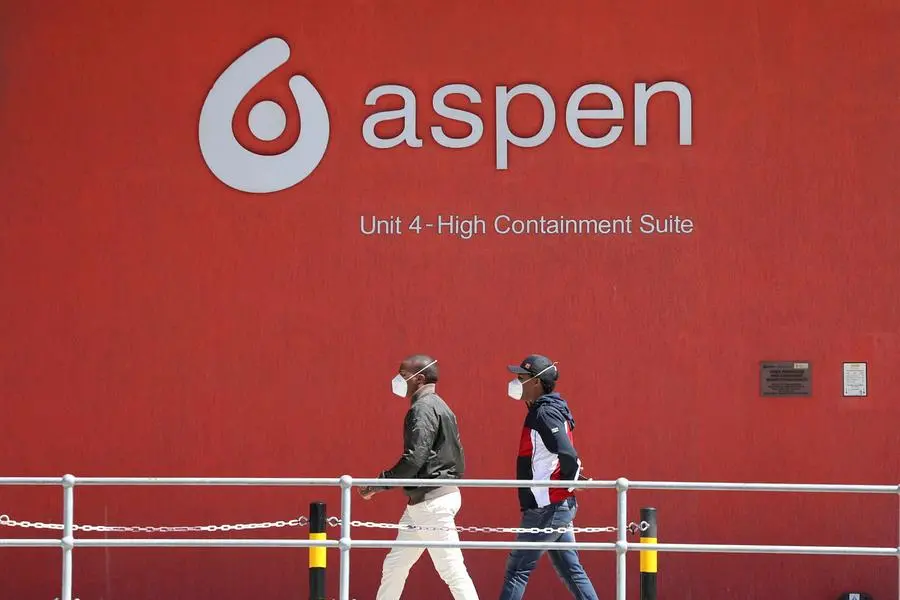PHOTO
Africa's biggest drug maker Aspen Pharmacare has struck a deal with US pharma major Eli Lilly to distribute the American company's medications in South Africa and sub-Saharan Africa.
The sales revenue of the Lilly portfolio in sub-Saharan Africa was around $23 million in 2022, the companies said in a statement.
Aspen said it expects the sales revenue to rise significantly due to the launch of key Lilly pipeline products in the short to medium term.
The agreement will run for 10 years and is automatically renewable for two further periods of five years. The transaction - which is awaiting regulatory approvals - will start by the end of the first quarter of 2024.
"Lilly has an impressive portfolio coupled with a very strong pipeline," Stephen Saad, Aspen Group Chief Executive, said in reference to Lilly’s new blockbuster diabetes drug Mounjaro.
The demand for the drug has surged, sending Lilly's shares to record-levels and caused the company to raise its annual sales forecasts based on its performance.
Lilly’s shares have also risen sharply due to the impact the drug is having in the market, putting it on course to become the world's biggest healthcare company in terms of market capitalization.
Cesar Buendia, General Manager for Lilly in South Africa and sub-Saharan Africa said the agreement with Aspen offers it the potential to expand access to Lilly’s medicines across the continent.
"Lilly remains committed to delivering our breakthrough innovations to patients in South Africa and Sub-Saharan Africa," he said.
Aspen also said it had secured three sterile manufacturing agreements with multinational pharma companies for production at its French manufacturing facility, but did not give their names or any further details. It said more such deals were on the way.
The new deals - together with a similar one signed with the Serum Institute of India late last year - will see Aspen utilise idle manufacturing capacity in South Africa and France that it had built at a cost of $540 anticipating a high demand for COVID-19 vaccinations.
But with the pandemic over, the demand for sterile products - including intravenous injections - has reduced leaving Aspen facing huge idle capacity and losses. The new deals will ensure the facilities are in use, the company said.
(Editing by Seban Scariaseban.scaria@lseg.com)




















